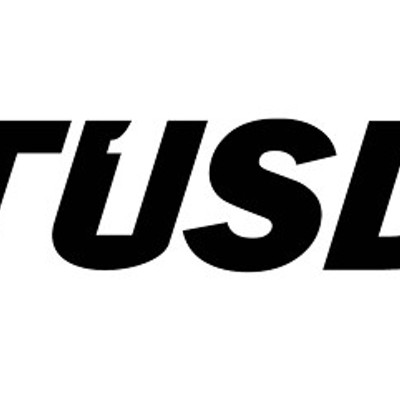Arizona has a brand-new money-laundering operation to deal with. It's not one of the usual immigrant- or drug-smuggling operations where they clean up their ill-gotten gains with Western Union wire transfers.
This new scheme happens to be perfectly legal—for the time being, anyway. It's written into a law created by our Republican legislators last session to launder state funds so they can be used to pay for tuition at private religious schools—in clear violation of the Arizona Constitution.
If there were such a thing as truth in advertising at the Legislature, this law would have to contain "voucher laundering" somewhere in its name, but the Republicans chose a more-noble title: "Arizona Empowerment Accounts."
Vouchers, where tuition for private schools is paid for by the state, are forbidden by our Constitution. You could probably get away with vouchers for secular private schools, but that won't get you very far: More than 70 percent of our private schools have religious affiliations, and using state funds for religious education is expressly forbidden. (If that 70 percent figure surprises you, it shouldn't. Most states have a similarly high proportion of religious private schools.)
The Arizona Constitution makes the point not once, but twice. Article 2, Section 12, states, "No public money or property shall be appropriated for or applied to any religious worship, exercise, or instruction." Article 9, Section 10, states, "No tax shall be laid or appropriation of public money made in aid of any church, or private or sectarian school." It doesn't get much clearer than that.
Republicans tried to set up a voucher system in 2006, but it was ruled unconstitutional by the state Supreme Court—unanimously—in 2009. You'd think that would have put an end to their quest for state-funded vouchers, especially since they already have private-school tax credits in place, which are basically backdoor vouchers. The credits allow taxpayers to "donate" money to school-tuition organizations, which turn around and use the funds to pay for private-school tuition. Then the "donors" get all their money back, since they get a dollar-for-dollar credit when they pay their taxes.
Money that otherwise would find its way into the state coffers ends up sending children to private schools. That's just vouchers by another name. Yet the courts say it's legit, since the money never passes through the statehouse doors.
But backdoor vouchers don't satisfy these folks. They want the real thing and aren't willing to take "unconstitutional" for an answer—especially the conservative/libertarian Goldwater Institute. It's been pushing to privatize education and dismantle the public-school system for decades. So the institute put its high-powered legal team to work looking for a way around the church/state voucher problem. The solution it came up with was education-savings accounts, which form the basis of the Arizona Empowerment Accounts law.
It works like this: When parents sign up to participate in the program, the state moves some money from one column of its budget to another column labeled "education-savings accounts." The parents are then free to withdraw the funds to pay for their children's private educations. Voila! The money is laundered from "dirty" government money, with all those pesky constitutional stipulations, into "clean," privatized money the parents can spend for any kind of private schooling they damn well please, religious or otherwise.
From a logical standpoint, the idea that empowerment accounts aren't government money is ludicrous, and there is a lawsuit challenging the law's constitutionality. But logic and legality don't always coincide, so there's no way to predict what the courts will decide.
At this point, only students with learning disabilities are eligible for the empowerment accounts (there were similar limitations on the 2006 voucher bill), but that's just a way of sneaking the elephant's privatization trunk into the education tent. If the courts rule in favor of the accounts, proponents have made it clear that they want the vouchers available to everyone.
Unfortunately, there hasn't been much talk about empowerment accounts in the press, probably because the 2011 legislative session was so full of jaw-droppers that this law was passed with little notice. But it has far-reaching implications. Empowerment accounts are the SB 1070 of the education-privatization movement: It's the first law of its kind in the country, and if it flourishes here, it's sure to be duplicated in other states.









